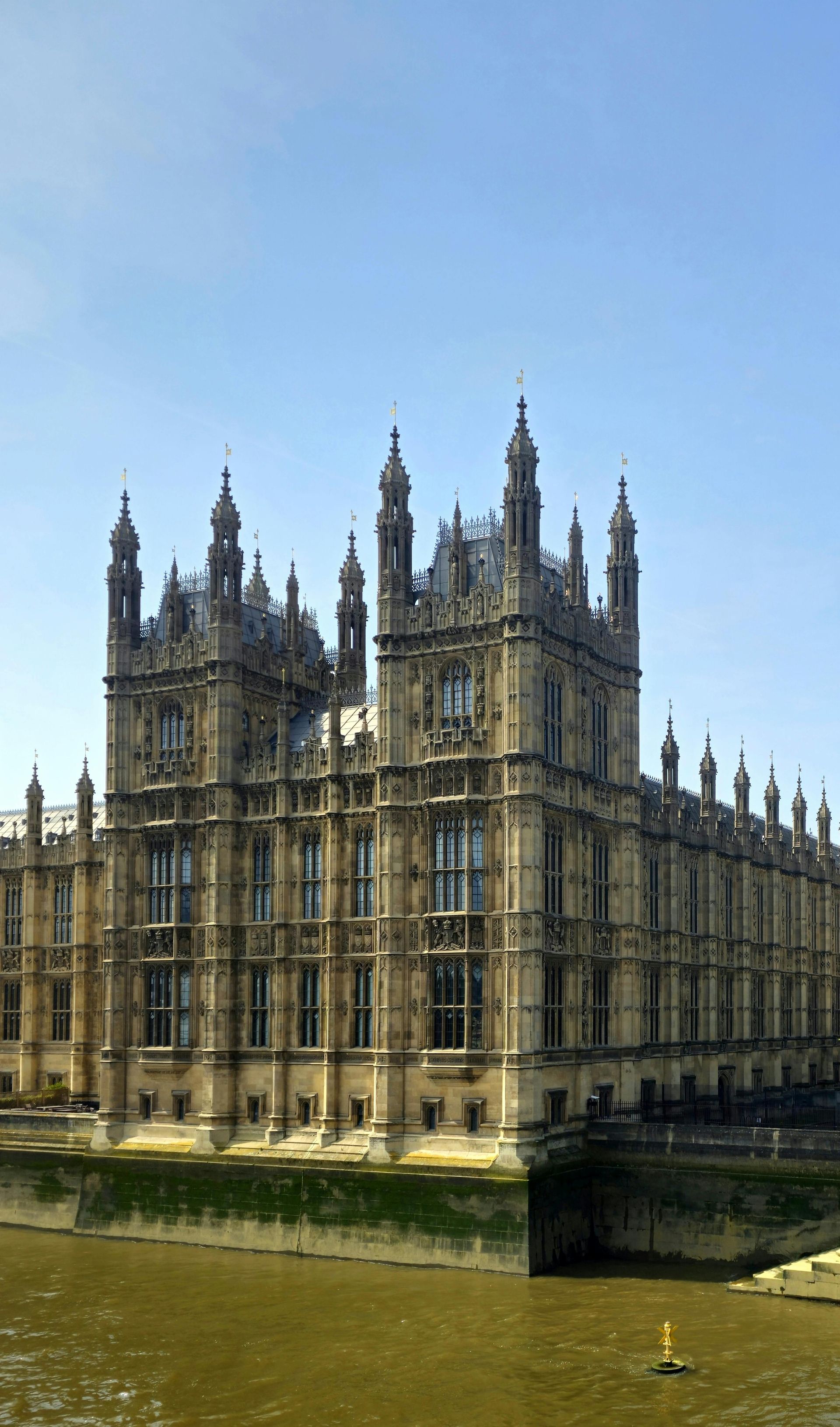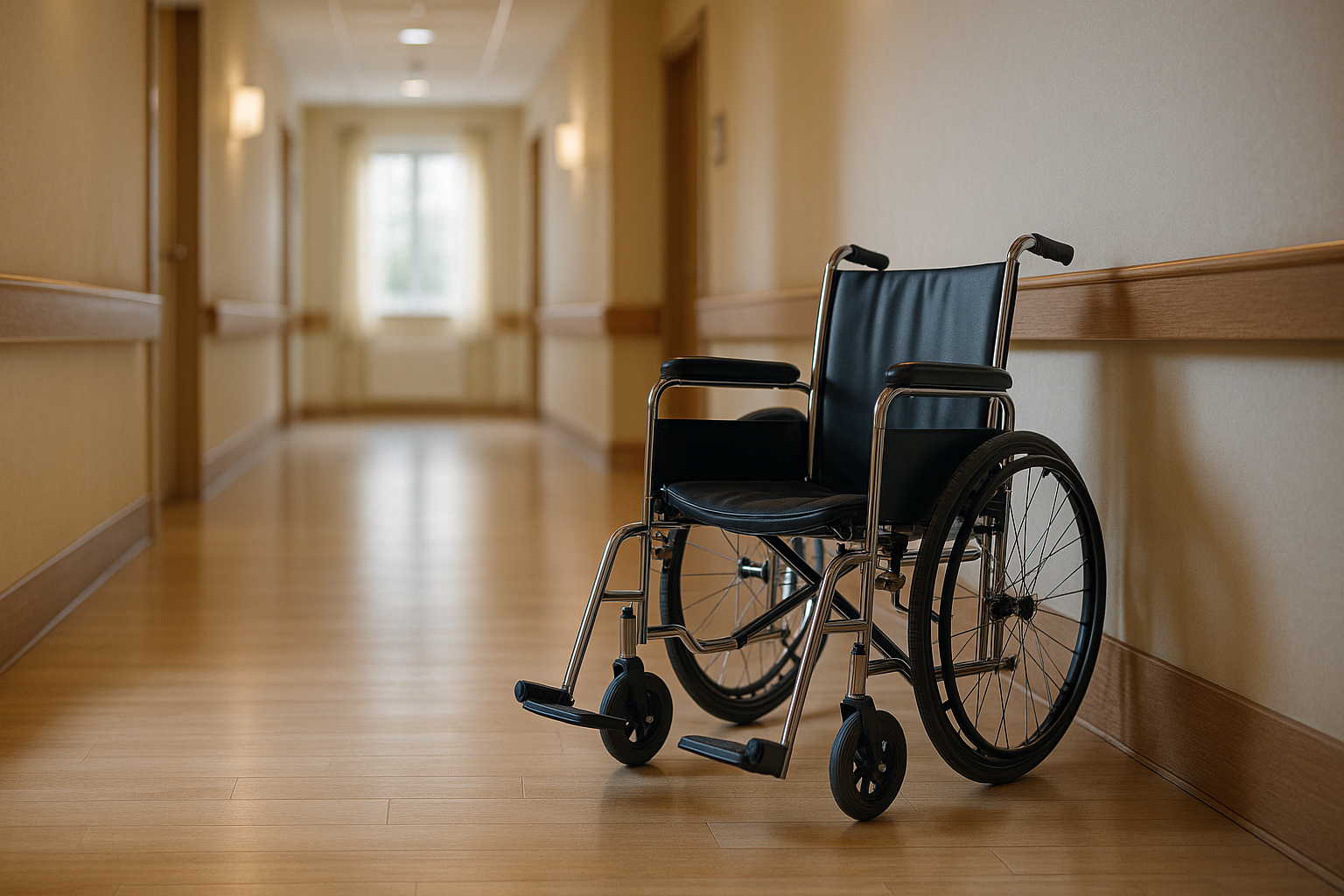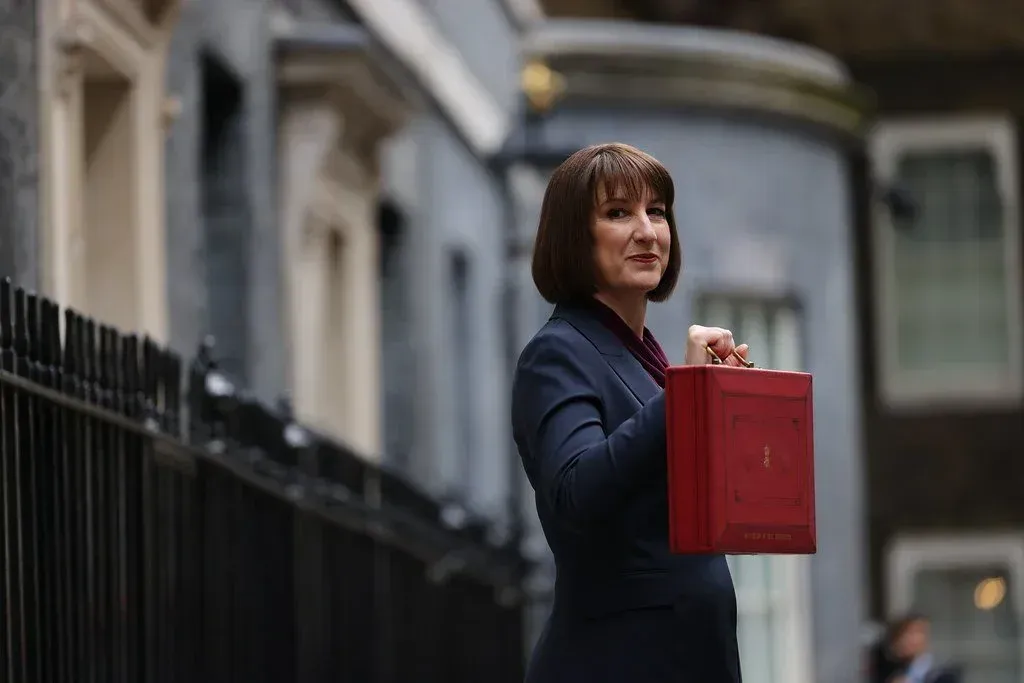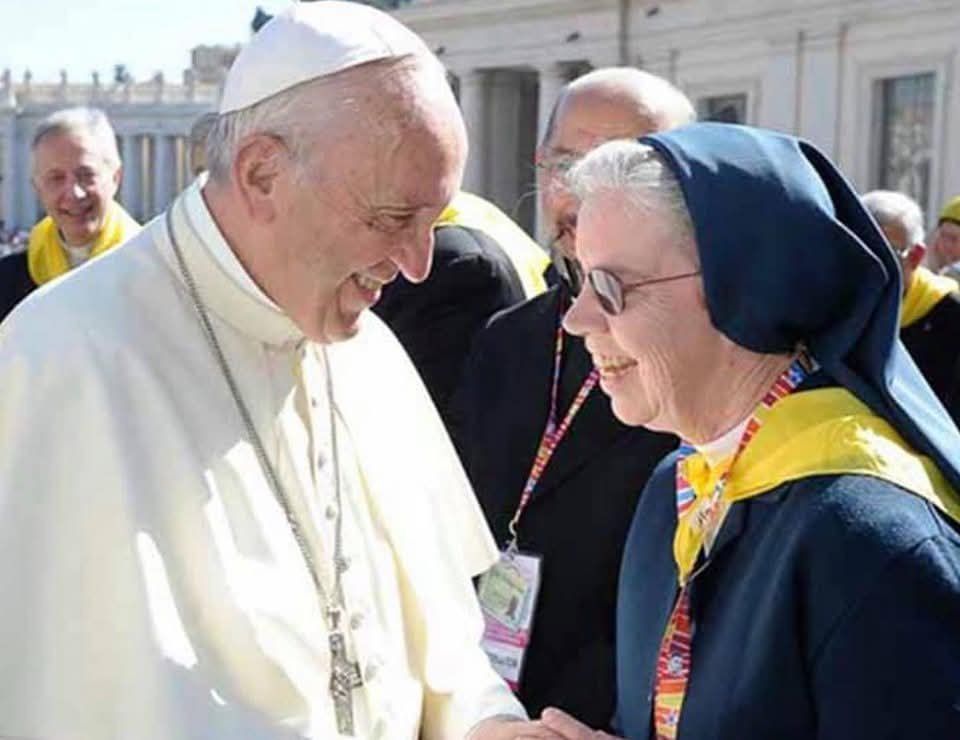By Riana Brown
•
October 15, 2025
Dear Chancellor, We are Daughters of Charity Services, a family of charities across Great Britain dedicated to improving the lives of people experiencing the effects of poverty, social exclusion and injustice. As we approach the Autumn Budget, we are calling for additional investment in a number of key areas which we believe would improve the lives and the opportunities of the people our charities serve, and similar communities across the country. In doing so, we draw both on research into these areas at a national level, and on the direct experience of those we are called to serve. In calling for this investment, we echo the concerns of many like-minded charitable organisations, emphasising that the burden of any additional investment should fall on those who are most able to shoulder this, rather than increasing the challenges already faced by so many hard-working individuals and families across our nation. Child Poverty With an estimated 4.5 million children now living below the poverty line, the following measures are essential to reversing the rise in child poverty and to protect families from further hardship. End the Two-Child Cap We join charities across the country in calling for this policy to be abolished. Almost 1.7 million children are impacted by the two-child cap, and research by Child Poverty Action Group found removing the cap would lift around 350,000 children out of hardship immediately. Importantly, 59% of families affected by this policy have at least one parent in work, demonstrating it is keeping working families in poverty. We also echo other Catholic charities, such as the Bishop’s Conference, who argue that “the existence of the two-cap policy implies that society owes less financial security to third, fourth or younger children.” As their quotation from Pope Francis says, large families are “an investment to guarantee the futures of our societies.” Introduce a ‘Protected Minimum Floor’ We support the Joseph Rowntree Foundation’s call to introduce a ‘protected minimum floor’, whereby the total amount that can be taken from a household’s Universal Credit is limited. This will ensure that no household falls below a basic standard of living due to debt repayments or the benefit cap, and will prevent families who are already struggling being pushed further into crisis. Universal Free School Meals Earlier this year, the government extended Free School Meals to all children from families who receive Universal Credit. This was a welcome move that increased eligibility to over half a million previously ineligible children. However, we urge the government to go further. A recent report by Aberlour Children’s Charity found that 23.1% of children who do not receive free school meals live in families that are in debt. Many schools report having to dip into already limited school funds to provide food for children whose families cannot afford to provide a pack lunch. Extending Free School Meals to all primary age children would ensure that every child is treated with dignity and has a nutritious meal at school. Increase funding to tackle homelessness According to Shelter, 169,050 children were recorded to be living in temporary accommodation in England at the end of March 2025. This represents a 12% increase in just one year, reflecting the severe shortage of affordable homes and the growing pressure on local authorities. There are proven long-term implications on children living in unsuitable temporary accommodation, including poor educational outcomes, an increased chance of developing mental health issues, and social isolation. Investment in homelessness prevention and supported housing is critical. Social Care The recently announced £500 million investment to support the first ever Fair Pay Agreement was very welcome and will make a meaningful difference to the social care sector at a time of great difficulty. However, this alone is not enough. Funding has consistently failed to keep pace with rising demand, and significantly more investment is required to fix major issues in the sector. In our 2024 report, Searching for Consensus , we argued that the government commit to funding the sector by an extra £3.4bn by 2028/29, as proposed by the Health Foundation. This Budget must address the growing gap between current funding and necessary funding, to future-proof the sector and ensure people in need of high-quality care have access to it. Additionally, funding should be backed with a clear plan for how it will support both care users and workers, including fair pay, improved training and career progression pathways. Asylum System In our recent report, Designed into the System , we detailed the extent to which poverty is inflicted on people seeking asylum in the UK. No individual should be forced to live in overcrowded, unsanitary or unsafe accommodation, yet thousands of vulnerable people – including pregnant women and children – are subject to “gruelling” and “dehumanising” living conditions, and cannot access essentials such as women’s sanitary products and infant formula. We urge the Chancellor to use this Budget to change asylum policy, ensuring that people who have fled persecution are not forced to endure poverty unnecessarily. We also call for the government to grant people seeking asylum the right to work after six months in roles on the Shortage Occupation List. This would support integration, give people seeking asylum the opportunity to partake in our economy, improve their physical and mental health, and reduce the risk of destitution. It would also help address urgent labour shortages in sectors such as care and hospitality. This policy change could raise an additional £97.8 million in tax revenue for the government, which would be useful at a time when the government is looking for ways to increase tax revenue. Disability Benefits As our final recommendation, we ask the government to reconsider its proposed cuts to disability benefits and PIP, which will push hundreds of thousands of people living with a disability, as well as their dependent children, further into poverty. These cuts will not support the people who really need it, but rather hinder their ability to work. Furthermore, it is crucial that people with lived experience, and organisations representing them, are consulted before any future reforms to disability benefits, to ensure changes genuinely support independent living and fair access to employment. Conclusion We hope the Chancellor will consider our recommendations and use this opportunity to deliver a Budget that places compassion, justice and inclusion at its core. By investing in these key areas, the Government can ensure that the most vulnerable individuals are protected, supported, and able to fully participate in society.












